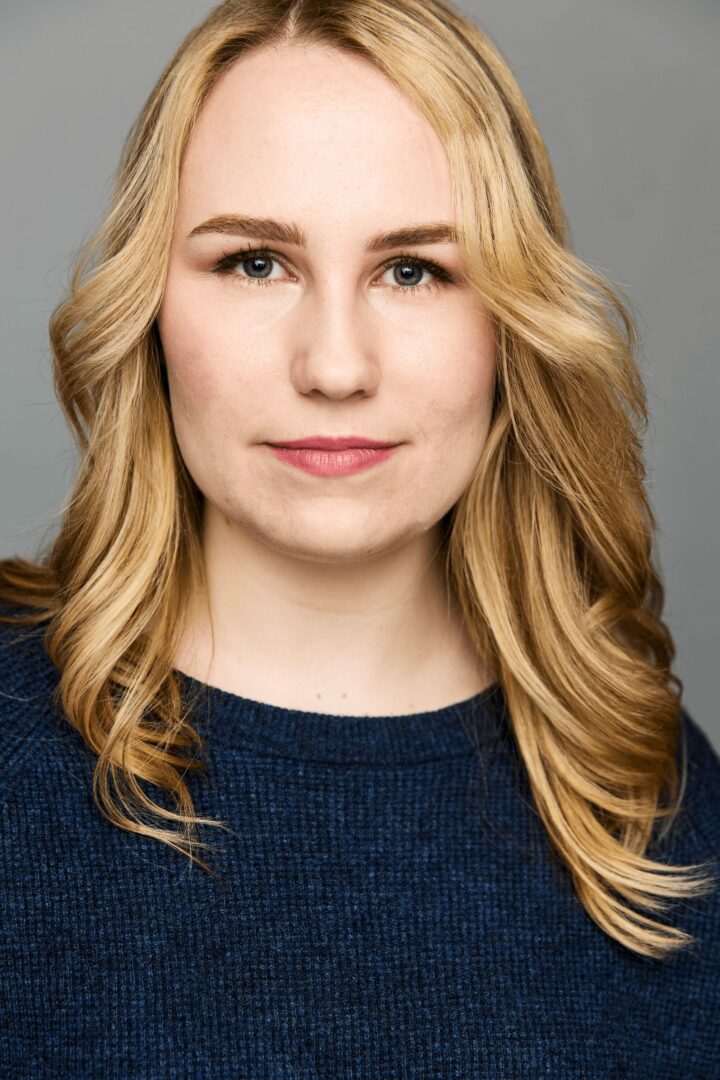We recently connected with Sydney Possinger and have shared our conversation below.
Sydney, thanks so much for taking the time to share your insights and lessons with us today. We’re particularly interested in hearing about how you became such a resilient person. Where do you get your resilience from?
The performing arts has never been easy for me. I experienced a lot of rejection at an early age. I originally pursued musical theatre but was not very successful at it. I had a lot of trouble getting cast even back in high school. The first time I didn’t make the school play, I was devastated. But it fueled me to get better. I started voice lessons and picked up dance classes even though I had two left feet. Despite continuing to struggle, I kept at it. Continuing to audition and still getting no’s. I loved performing and that was enough for me. Learning to get back up and dust my knees has been one of the most important skills I have learned for this career. Because it is a skill, and it takes a lot of practice. Anyone who says rejection is easy for them is lying. You just get better at dealing with it and have a quicker turn around to trying again.
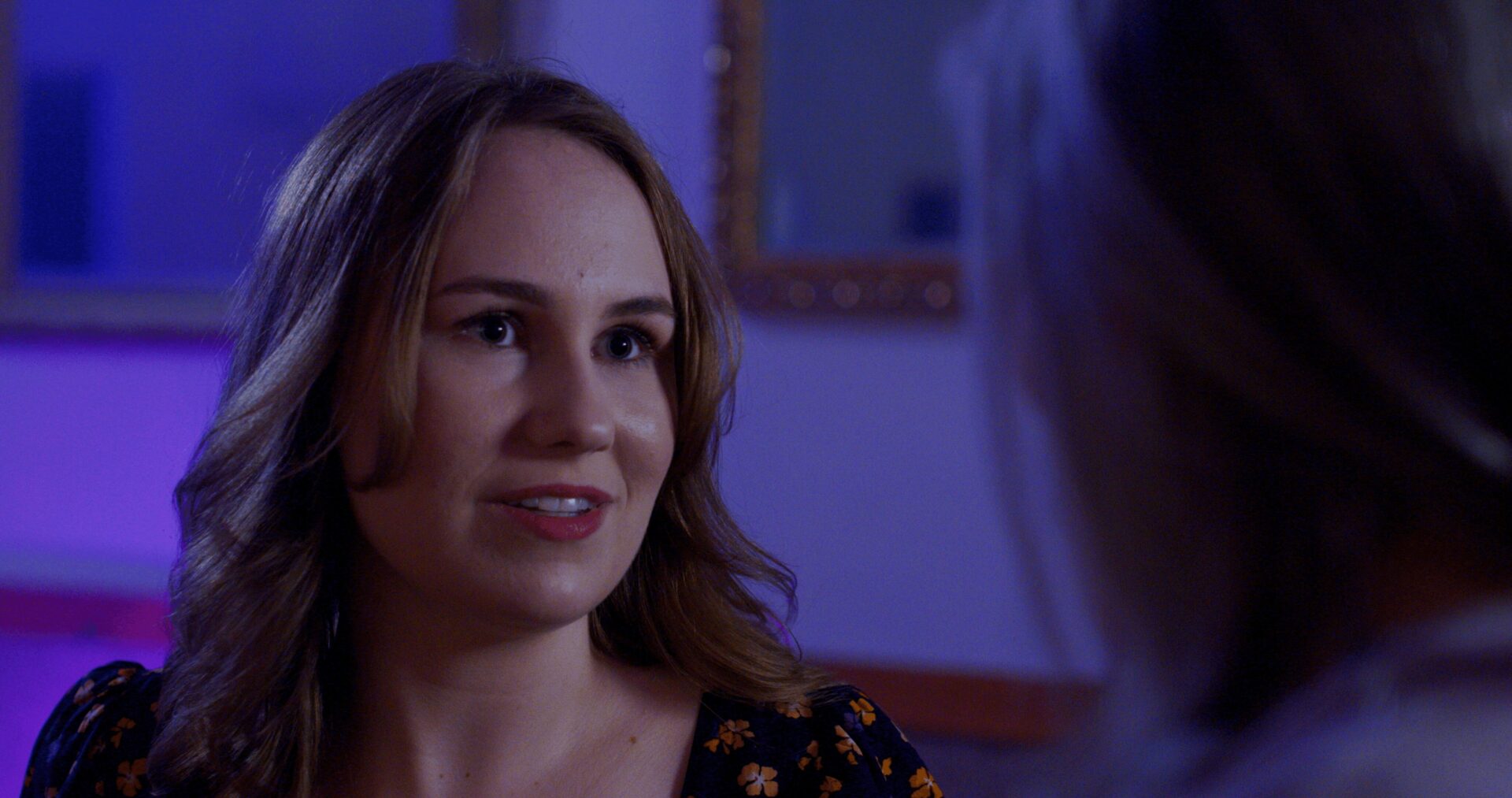
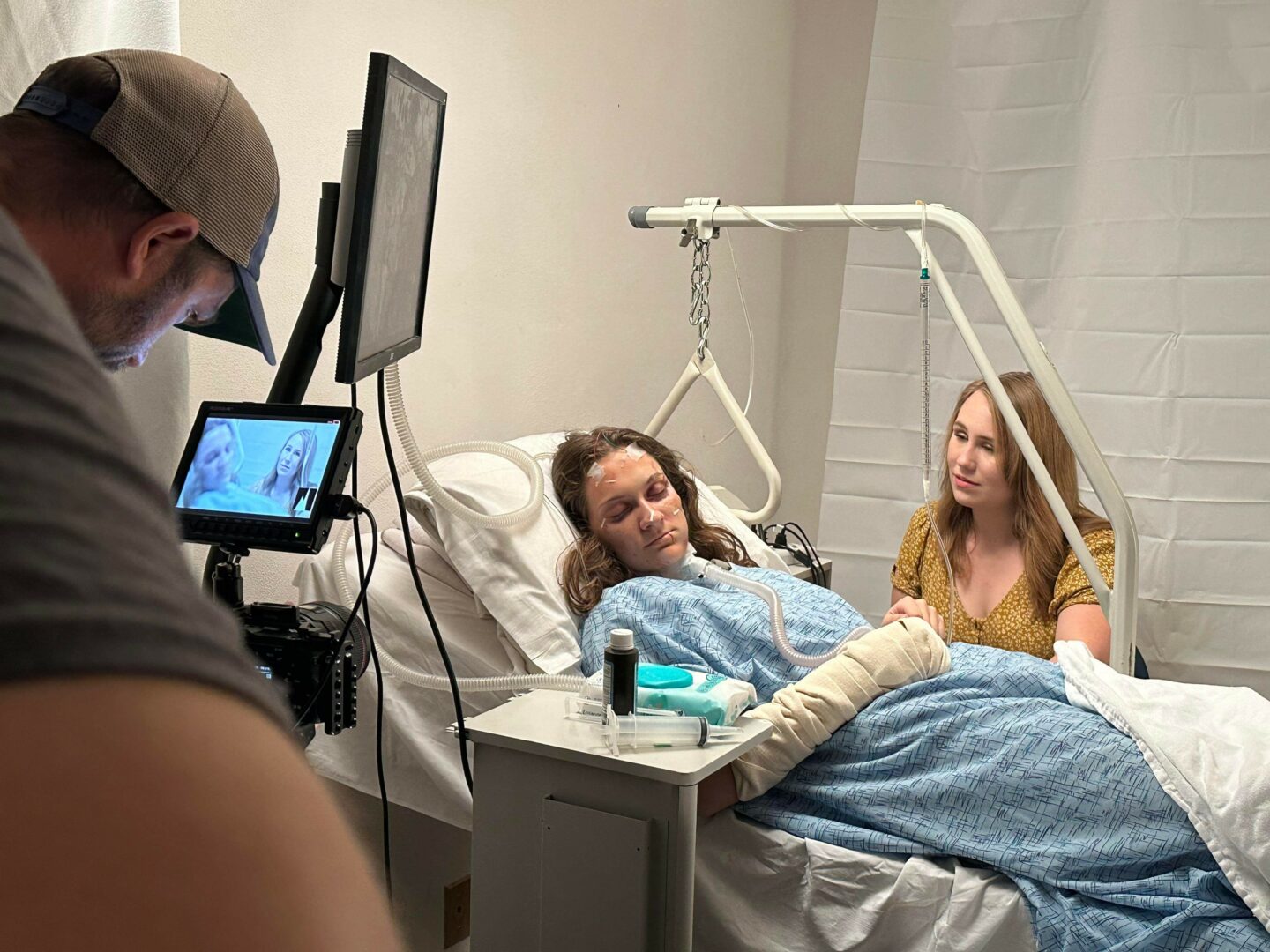
Thanks, so before we move on maybe you can share a bit more about yourself?
I am an actor living out in Los Angeles. I just graduated with my Bachelor of Fine Arts in Acting from The University of Wisconsin – Stevens Point with a minor in Arts Management. I am from Redmond, Washington, so I have bounced around to different states since high school.
I got my start doing film work doing student projects, then with the 48-hour film project. I had done theatre since the age of 10, but didn’t discover my love for film until I was 21. It was through a college friend that introduced me to Daniel Pico. Working with Daniel really shaped my path as an actor. We did six projects together in our first year of knowing each other. It was in that first year that I was in a short film that went to Cannes Film Festival. We filmed “Reasonable Doubt” December of 2023 as a part of the Yes We Cannes film project. It ended up being one of the eight selected to be screened at the Marché du Film. Funnily enough, Cannes was right during the time of my college graduation. So, I had my Saturday commencement then flew to France the Sunday after.
To be in a film that was being screened in the Palais only a year after I had even started doing film work was surreal. Just that year prior, I was considering quitting acting all together. I had felt completely defeated and was taking on film projects because I was not involved in university productions. I would have laughed at myself if I told myself then what I had achieved in one year.
Now, I am living in Los Angeles pursuing my career. I would be lying if I said that it is easy. Considering the depression in the industry and just being new, it is a game of patience and keeping your eyes open for opportunities. But I think my experiences have given me the skills to not just survive but thrive out here.
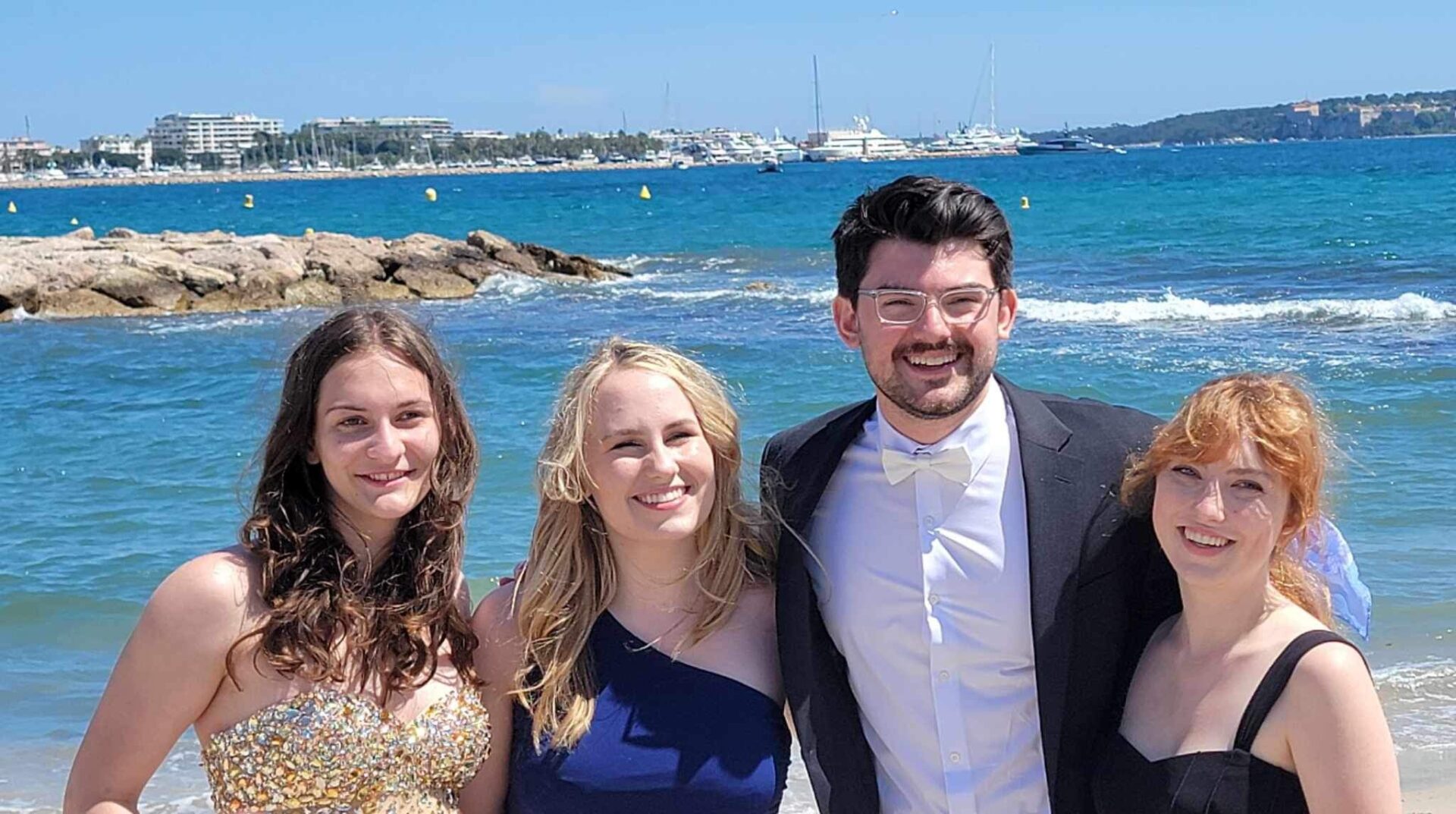
Looking back, what do you think were the three qualities, skills, or areas of knowledge that were most impactful in your journey? What advice do you have for folks who are early in their journey in terms of how they can best develop or improve on these?
Learning how to handle rejection is one of the biggest lessons you learn when pursing the performing arts, or just art, in general. There will be so many elements you cannot control. As one of my professors, Tyler Marchant, would say about auditioning is, “there are three elements that come into play when you audition. One, did you prepare? Two, did you do well? Three, do you fit the director’s vision? You really can only control your preparation and maybe the execution (things can go wrong that are fully out of your control so that is why it’s a maybe). But you cannot control others’ perception of you. So before beating yourself up about casting, be able to answer those the first two questions. If you did all you could, then you can walk away feeling like you are successful every time.” Now that is a bit of a paraphrase, but this framework really helped me reevaluate both my resilience and self-esteem. You may be the best person for the job in the room but if you aren’t what they are looking for, you cannot take that on as a personal failing.
The value in preparation is one that I cannot overstate enough. This was one of the most difficult lessons for me to learn. I was a “gifted kid” growing up, personally I think it was undiagnosed ADHD. School was easy for me and generally so was art. I had the worst time doing homework so I would avoid it but I would still ace the test, so it reinforced the behavior for me. It honestly bit me in the ass when I went to acting school. Something I didn’t realize until I was in college was that I didn’t know how to practice. I spent a lot of time phoning it in when I went to perform in class because I didn’t practice outside of rehearsal, simply because I didn’t know how. It wasn’t until around the end of my junior year of college that I was honest with myself about my shortcomings.
It sometimes is easier for you to not give your 100% and fail than to try. For me, if I got heavy critique in class, I could blame it on not practicing until the night before. It’s a form of self-sabotage I think many artists can fall into. Our work is so personal, it is much easier to take rejection if you didn’t put your best foot forward in the first place. I had spent so much time coming up with excuses and deflecting that I never really gave myself the opportunity to do my best. It took a lot of discipline and failure to teach myself how to prepare, but it is all worth it to me. My art is now supported by a strong foundation of preparation, and because of that I can deal with criticism since I know I have the work to back it up.
Along with resilience, I think that self-acceptance is a skill. In a hypercritical field that is all up to taste, it is easy to internalize things. I think as a child in the arts, you come in bringing yourself to everything you do. But when you get critique, you don’t have the skill to separate that feedback from your performance and yourself. I would let the opinions of others shape how I saw myself for years. It ended up evolving into this deep fear of rejection which really held me back from putting myself out there. If you don’t know how to separate yourself from your art, you can become reliant on external validation.
Part of the reason I wanted to attend school across the country was to get a fresh start. I wanted to be independent and know that I could pursue a career in the arts on my own. I started college in 2020, and as many people can relate to, I spent a lot of time alone with myself. It was during that time that I realized I had practically no self-esteem. I am very goal oriented and I had devoted my life to acting and this dream of getting a BFA. But once I got there and was surrounded by people doing the same thing, I had no idea who I was outside of it. I took the time to invest in myself, completely independent of my career. I almost made it a goal of mine to find interests outside of theatre. And by doing so, I got to know myself better and I really started to like her. I became more self-actualized and in turn, the opinions of others held less and less power over me. I was able to take feedback, and it didn’t shake me to the core. Accepting myself through understanding, flaws and all, gave me the confidence to fail.
Distilling my advice into a few sentences, I will leave it at this: Investing in yourself, independent of your career is the best thing you can do for yourself. Radical self-acceptance gives you the foundation to fail without fear and therefore learn. Preparation gives you the knowledge that any rejection you get is not indicative of your worth. And that rejection sucks, and it is ok to pour your feelings into a pint of ice cream, but getting back up and trying again is what separates a good artist from a great one.
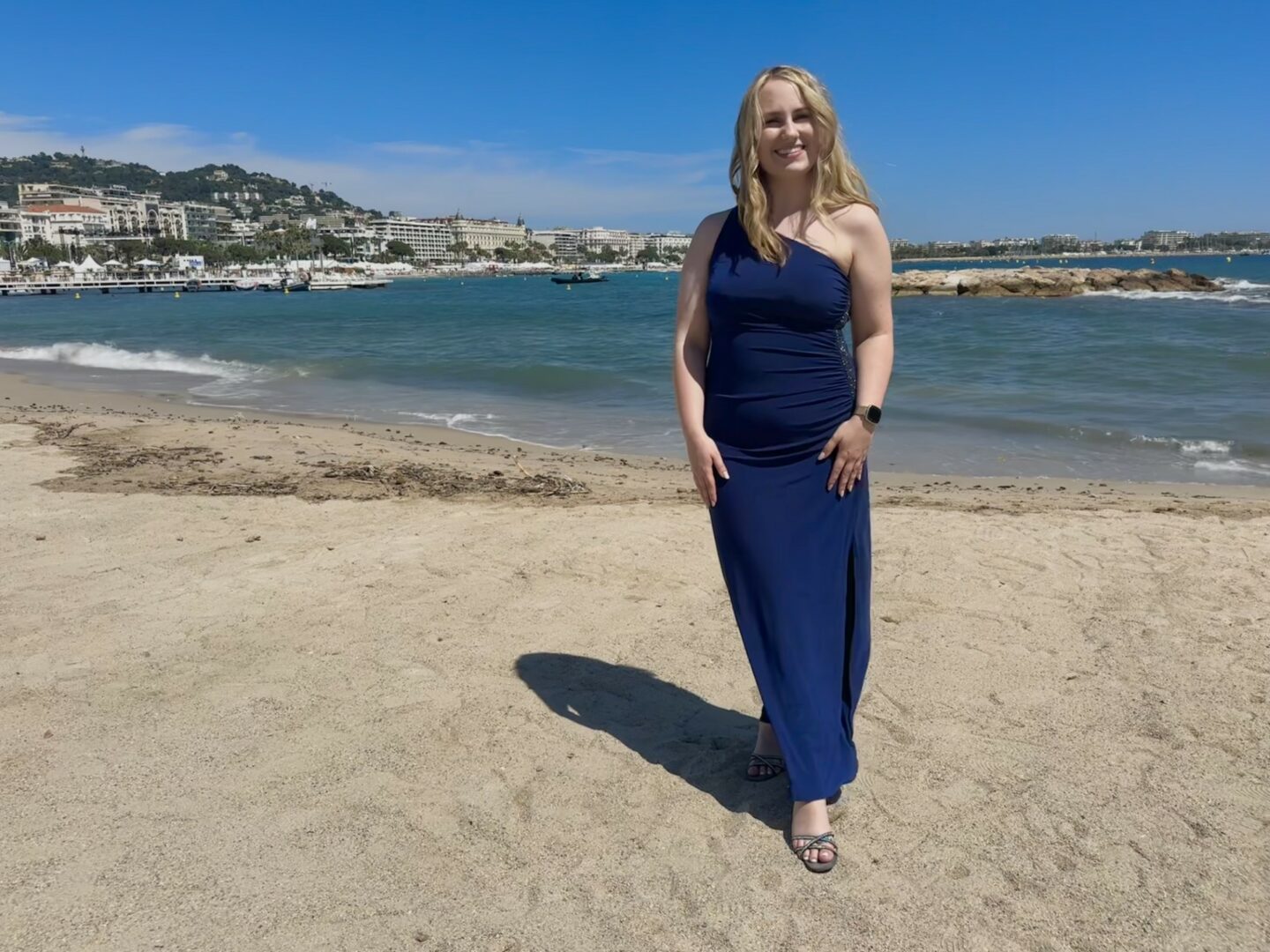
We’ve all got limited resources, time, energy, focus etc – so if you had to choose between going all in on your strengths or working on areas where you aren’t as strong, what would you choose?
If you had asked me this question a few years ago, I would have told you that working to improve your weak areas is the way to go. Now, I have a bit more of a nuanced opinion. As I had talked a bit about earlier, I was not very good at musical theatre. I am not bad per say, but I would not pay for me to sing and dance, at least with my current skills. I was so dead set in high school to pursue musical theatre, it was almost like I had tunnel vision. A family friend at the time had told me to consider other options, I was really offended but now I live by it. She told me that if you can’t open a door, look for a window. For the longest time, I believed that changing my path was a form of failure. It was Broadway or bust. Looking back, I really was more concerned about what others thought than my own happiness.
My senior year of high school, I auditioned for more than 15 different musical theatre programs across the county. It hit me in April of 2020, a few weeks before college decision day, that all that I had worked for had started to become real. I had an acceptance to a musical theatre program and one for an acting. I took stock of the last few years and realized how miserable I had made myself trying to become this “triple threat” that I just wasn’t. I considered my interests and strengths outside what others may think and chose the acting program.
It was now college and to be honest, not much had changed since high school. I still wasn’t cast and it wore on me. I just could not help but think, “well if I can’t even make it in an educational setting, how the hell can I have a career?” I was about ready to quit for good at that point. But then I decided to do a short film, and everything just clicked for me. All the things I did that I thought had made me a bad stage actor were exactly what made me good in front of the camera. And just one year later, I was watching a film I was in being played in the Palais at Cannes. Had I not taken the chance and tried something new, I would never have discovered my love for film.
I do not regret the path that I took. It was through adversity that I learned to play to my strengths. And because none of it was easy, I have an appreciation of what I have achieved and a confidence that I can only do more as long as I put the work in.
Contact Info:
- Website: https://www.sydneypossinger.com/
- Instagram: @sydneypossinger
- Other: https://www.imdb.com/name/nm15057444/?ref_=ext_shr_lnk
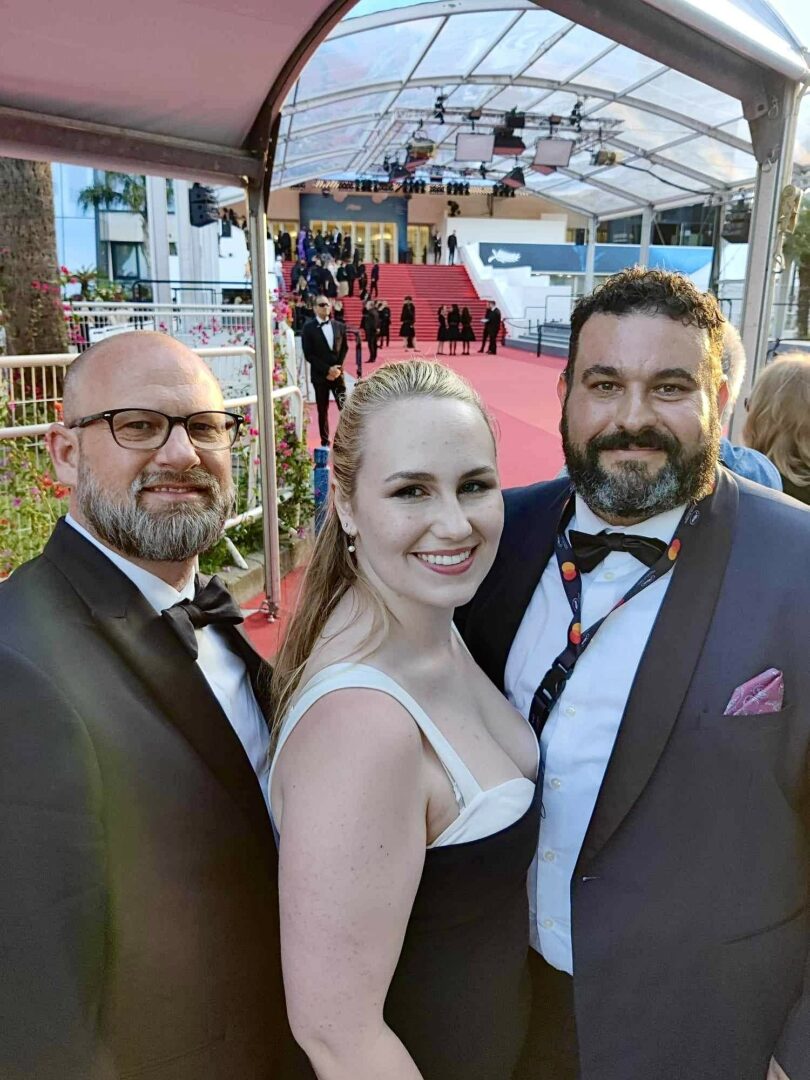
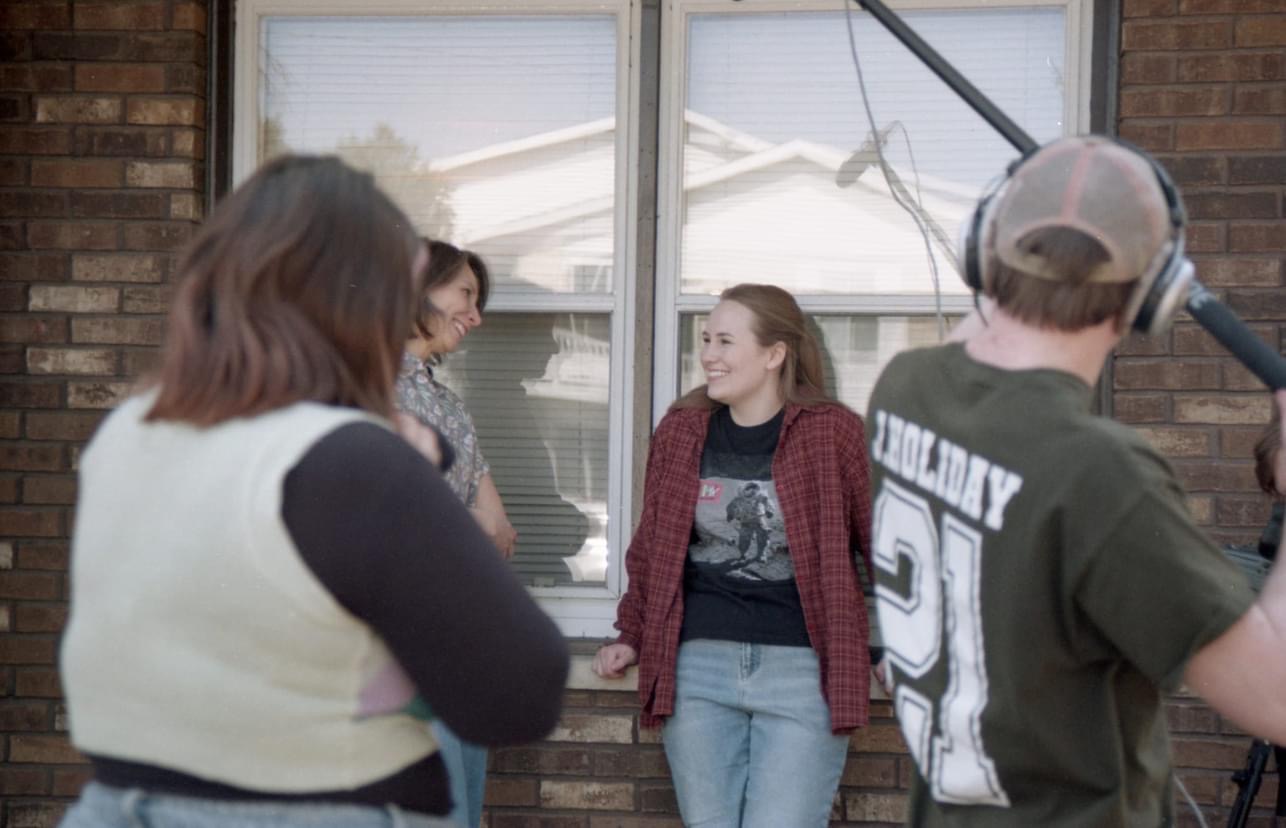
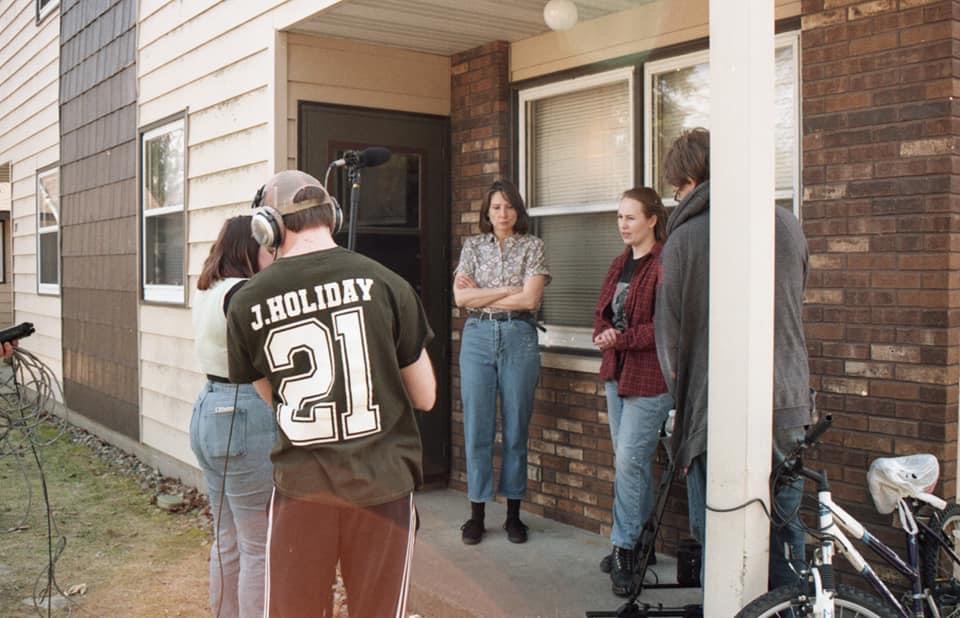
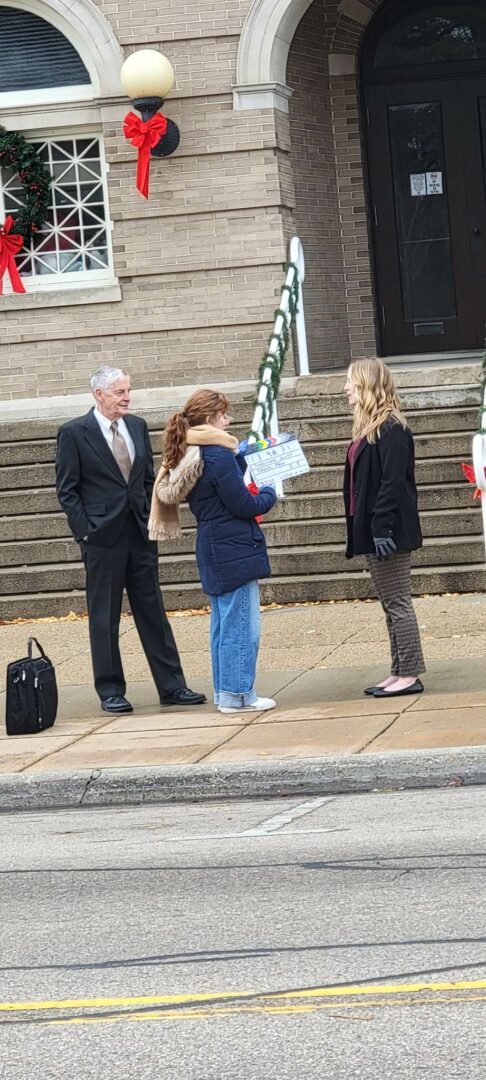
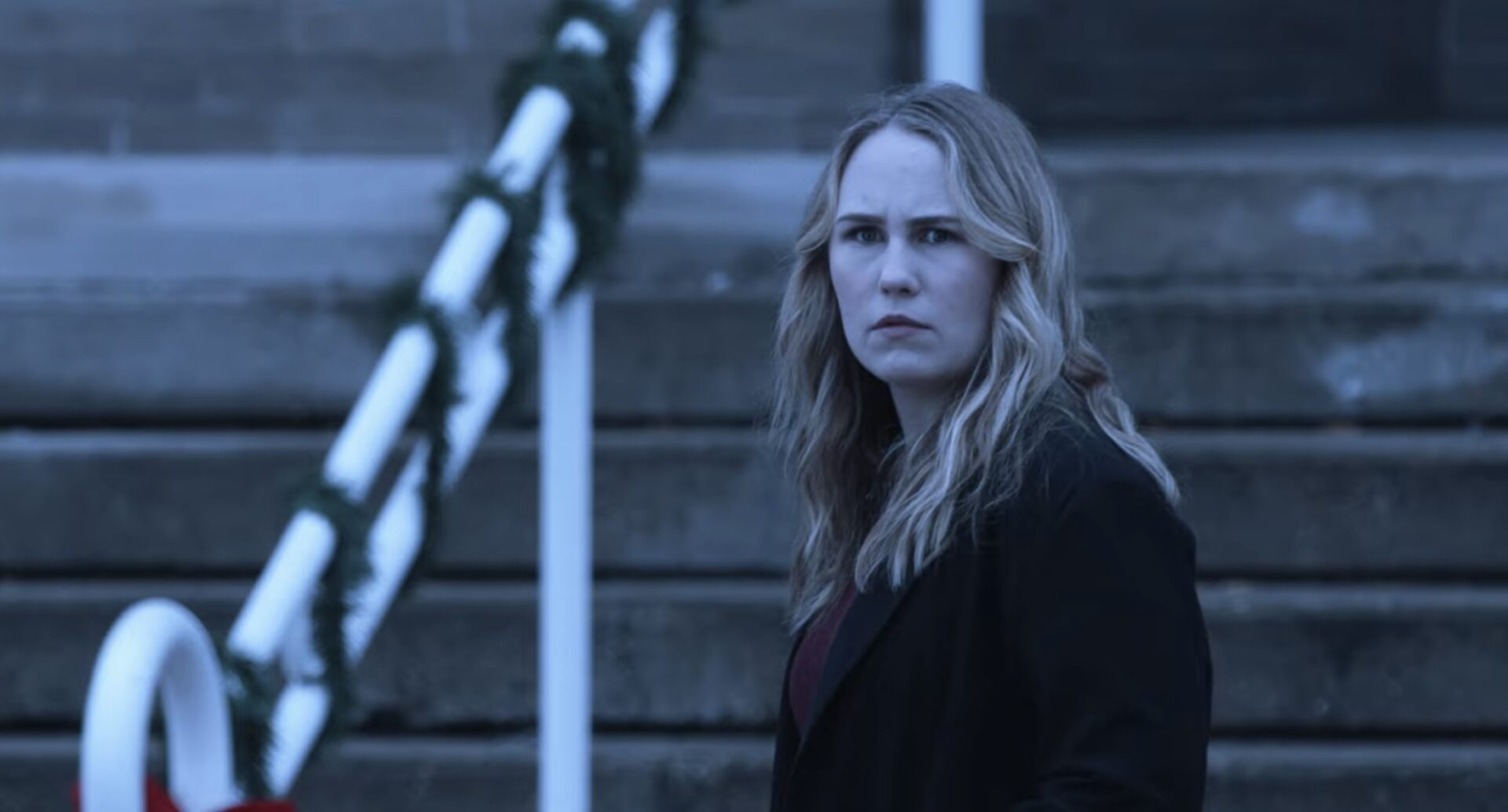
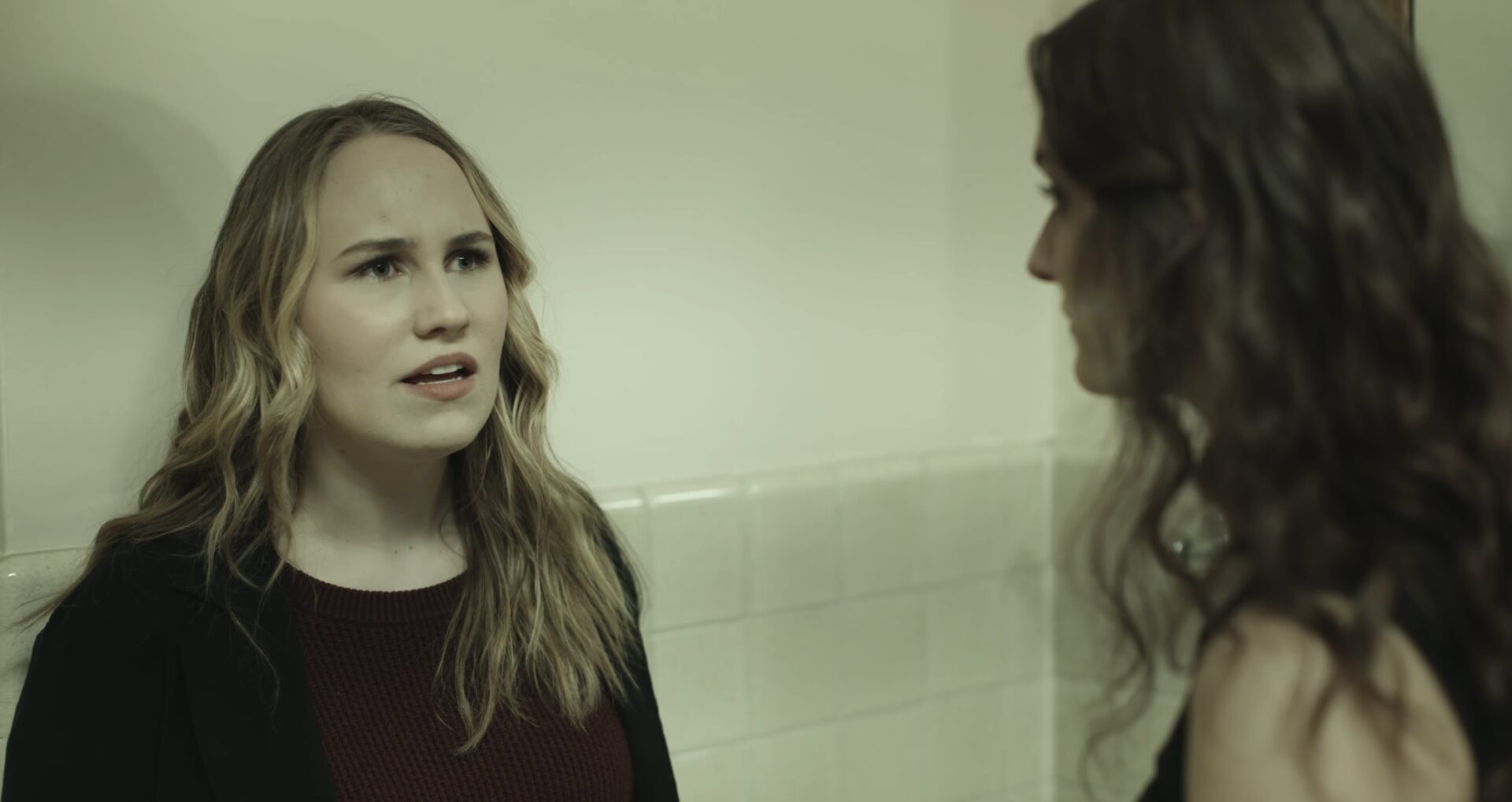
Image Credits
Headshot in personal pic is by Cole Witter
so if you or someone you know deserves recognition please let us know here.

